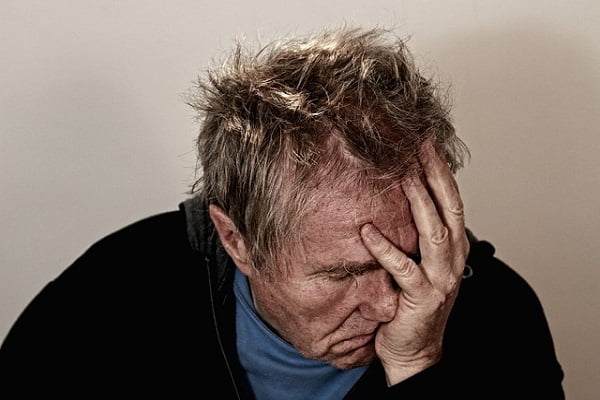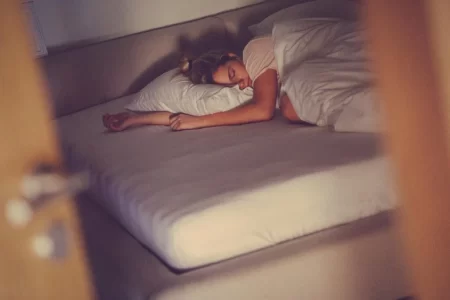How Are Insomnia and Migraine Related?
- Updated on: Jun 25, 2024
- 3 min Read
By
- Published on Feb 8, 2020


Insomnia is a disorder that is characterized by difficulty in falling asleep. Insomnia is also referred to as psycho-physiologic insomnia. Researchers define insomnia as difficulty falling asleep or staying asleep, waking up early morning. Insomnia is a common condition amongst individuals with a chronic migraine which doesn’t allow people to sleep comfortably by disrupting normal sleeping patterns.
Some studies reveal that there is an association between insomnia and a migraine and other pain syndromes. However, the relationship between sleep quality and migraine frequency and intensity is yet to be determined.
What triggers a migraine and insomnia?
A migraine has been associated with sleep disturbances and unusual sleeping patterns. It was studied that excessive sleepiness can be an early symptom indicating the onset of an illness and the actual sleep itself can help improve a migraine in some cases. Some individuals can feel refreshed by even a nap, while in some cases it was found that they woke up with a headache or a migraine.
Migraines and insomnia are both made worse by certain stress factors, such as depression, anxiety, anger, grief, guilt, low self-esteem, school, and work issues. These stressors, which may cause poor sleeping, are also considered to be migraine triggers. Other possible triggers of insomnia and migraine could be:
- lack of sleep
- too much sleep
- shift-work
- jet lag
- hormonal fluctuations
- changes in the environment
- medications
Inseparable relationship between migraines and insomnia
It was studied that migraine pain is profoundly influenced by sleep; however, in some cases, it seems to occur exclusively in relation to sleep. On the other hand, migraine pain can affect sleep, which may give rise to severe illness. Migraine attacks show an unusual relationship to sleep. Attacks may arise during sleep, and more often occur several times each day and night. The balance of sleep and sleeplessness, and its proper timing relies on a finely tuned system or how balanced your circadian rhythm is. When this system gets disturbed due to fragmented sleep, sleeping at inappropriate times, staying up late or sleeping in at the weekends then our body system tries to compensate the changes or overload to manage the balance.
Some of the studies reveal that migraine attack may eventually represent one of the regulatory mechanisms, even though an extreme and unusual over-compensating one. For instance if you are diagnosed with a migraine, it may actually force you to keep at rest and lie downward in the dark, expecting to sleep to get rid of the migraine pain. On the contrary, having too much sleep may also have a reverse effect and may keep a person awake with a migraine on following nights. Both situations may provide to redress insomnia and migraine pain by aligning circadian system.
According to some researchers it was studied that homeostasis (body’s resistance to change in the optimal conditions and maintain the steady state by many regulatory mechanisms) is not the only basis for a migraine and insomnia, but it is rational to think that trying to keep up balanced sleep and wake up cycle may make triggering a migraine attack less probable. Thus it is important for a person suffering from a migraine to observe good sleep hygiene, which is a set of plans designed to keep the sleep-wake cycle, and the quality of sleep and helps in overcoming insomnia.
Sleep hygiene
Attaining healthy sleep is essential for both physical and mental health. It can also improve efficiency and large value to life. Everyone may be benefitted by practicing good sleep habits such as:
- Understand sleeping need
- Try to maintain good sleep, wake up cycle
- Restful sleeping environment
- Avoid caffeine before going to bed











